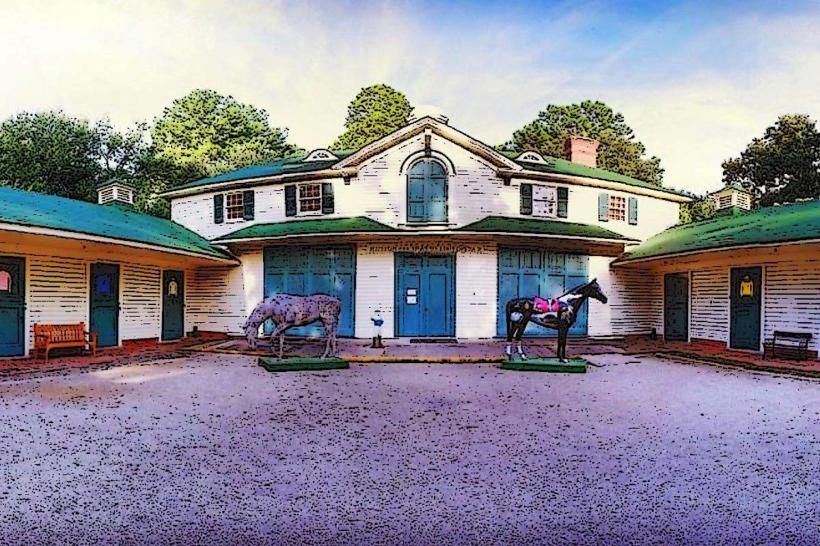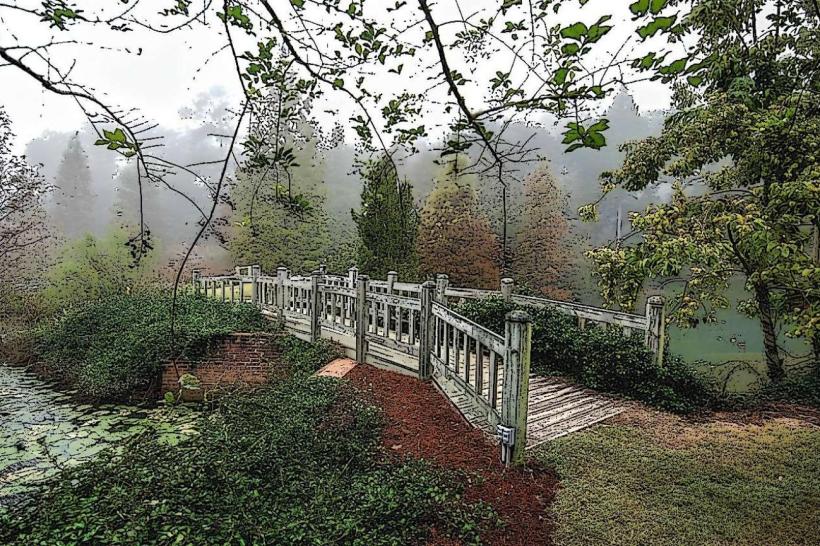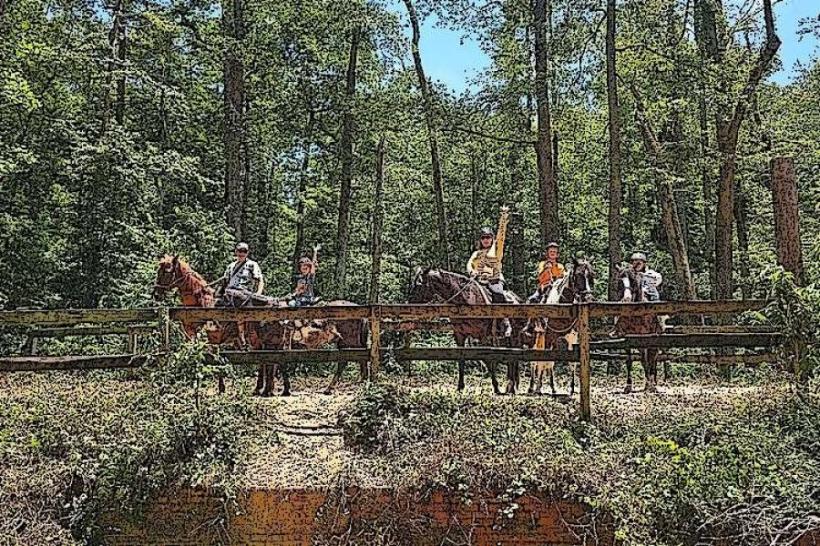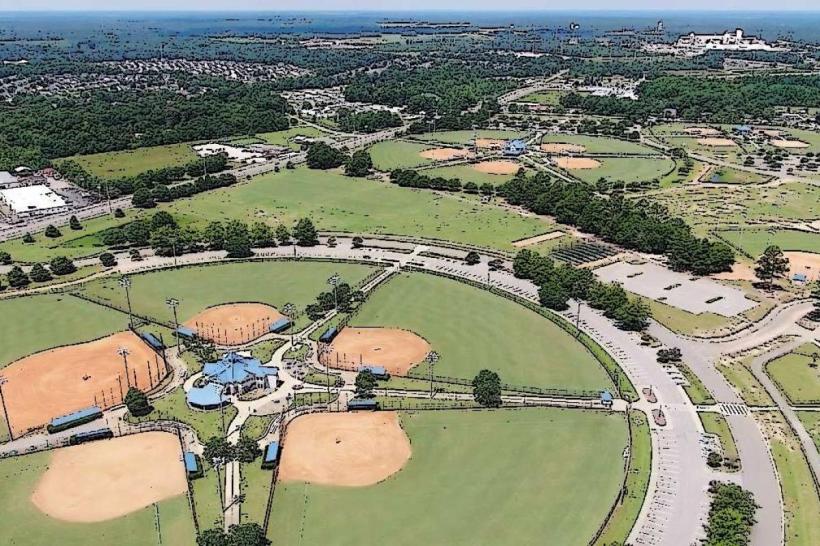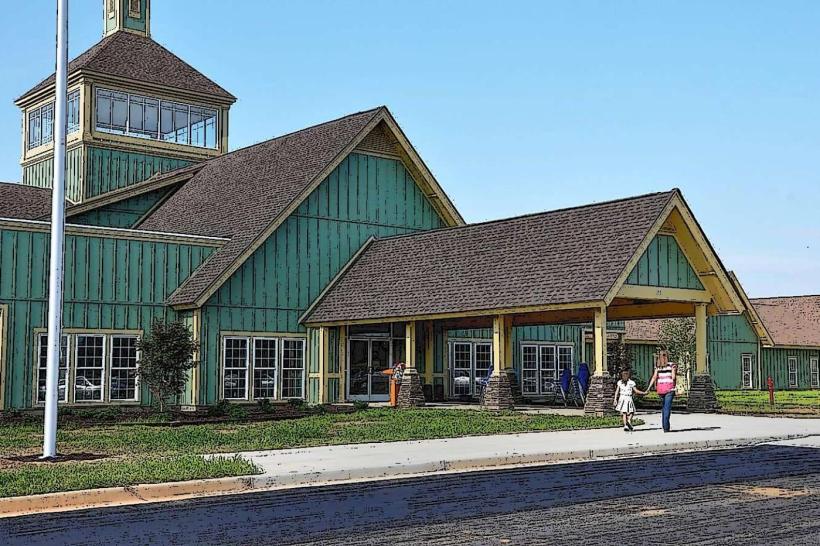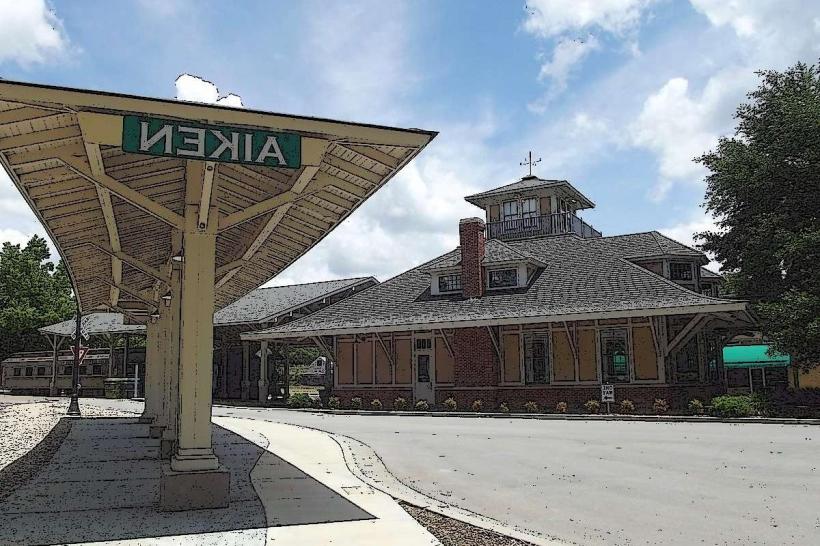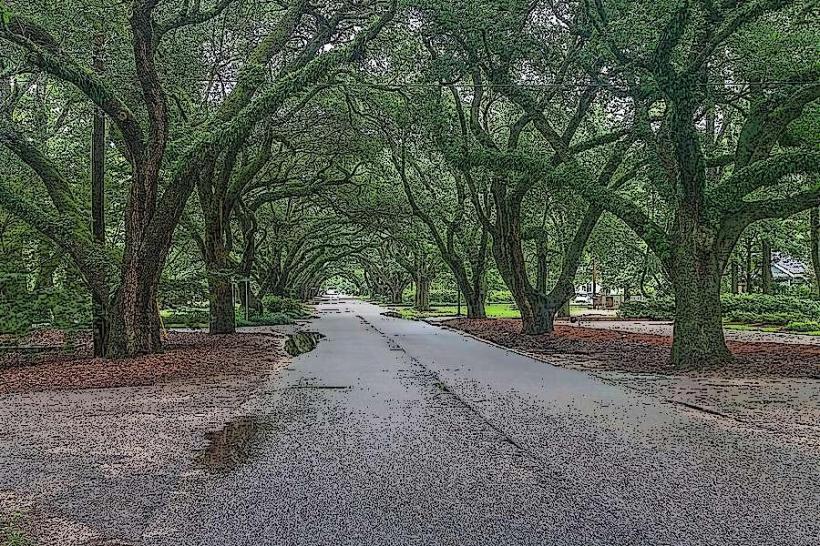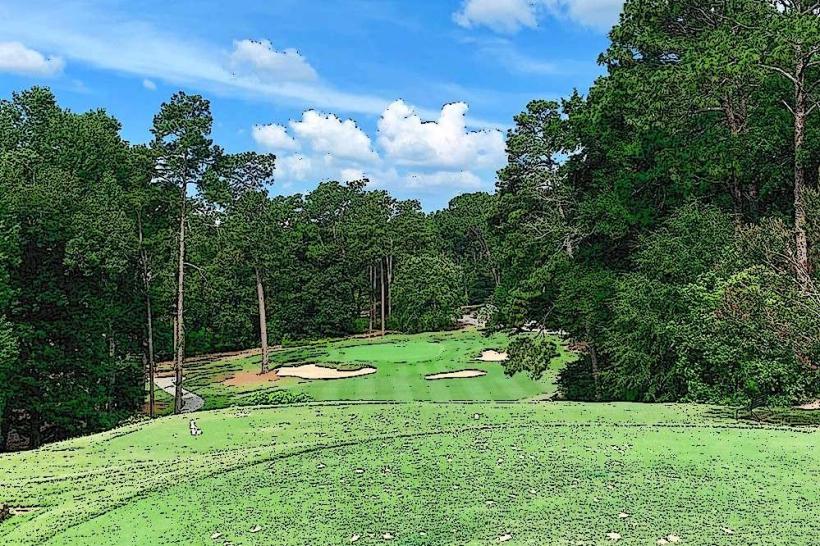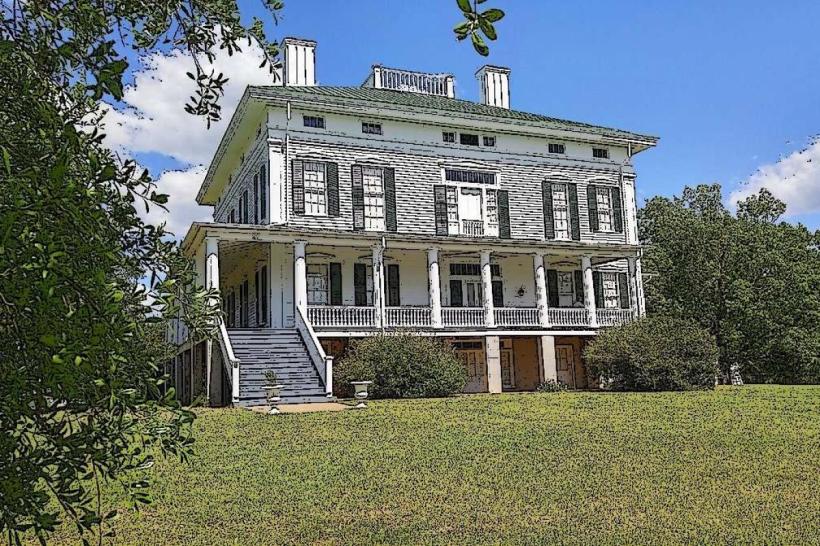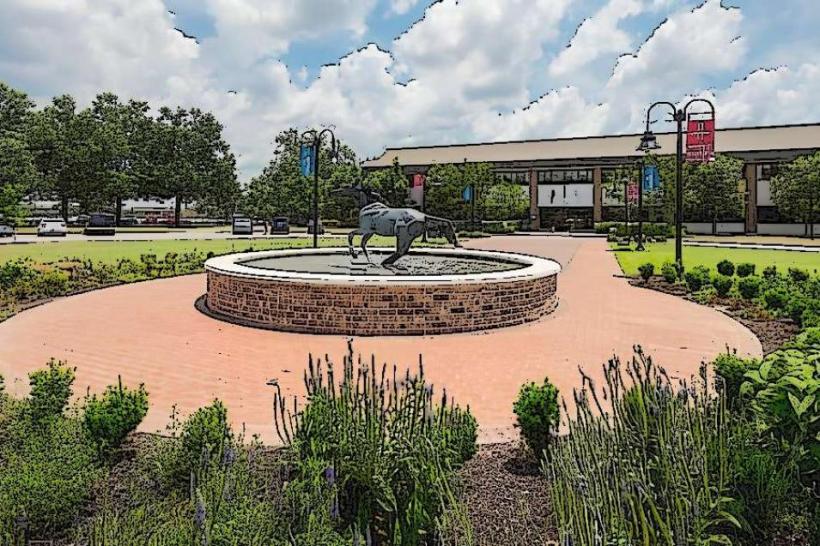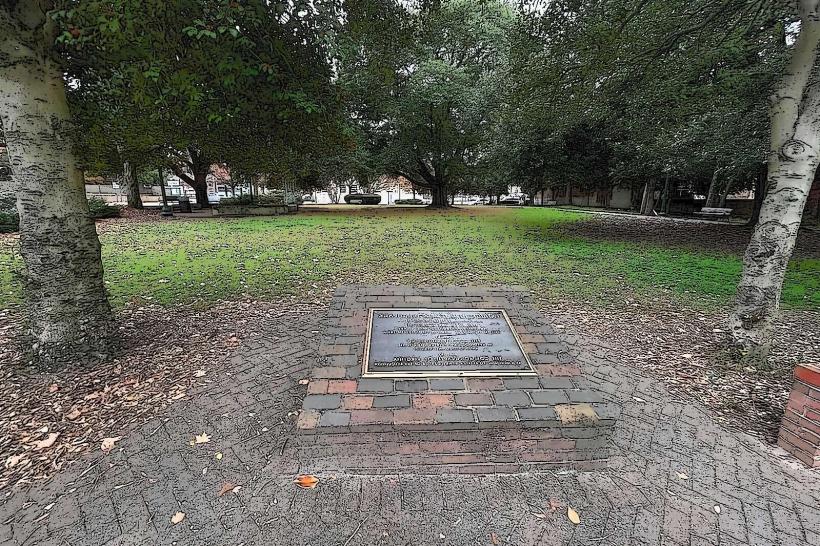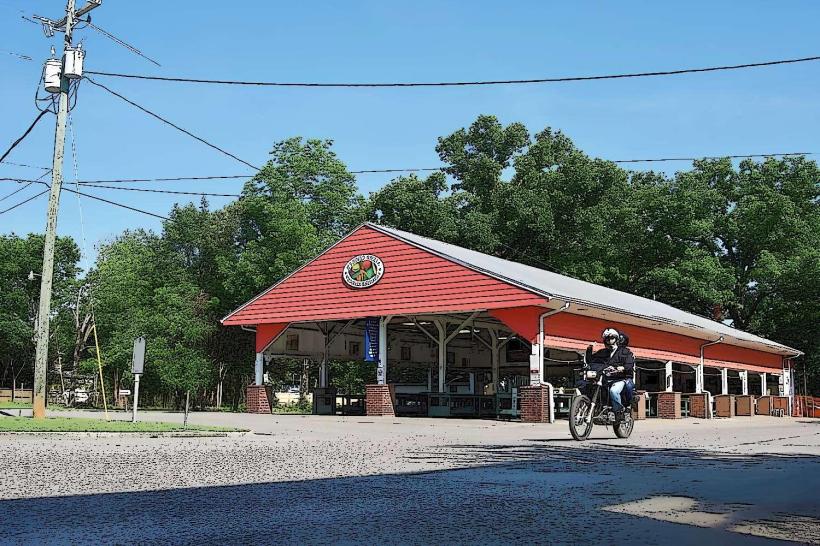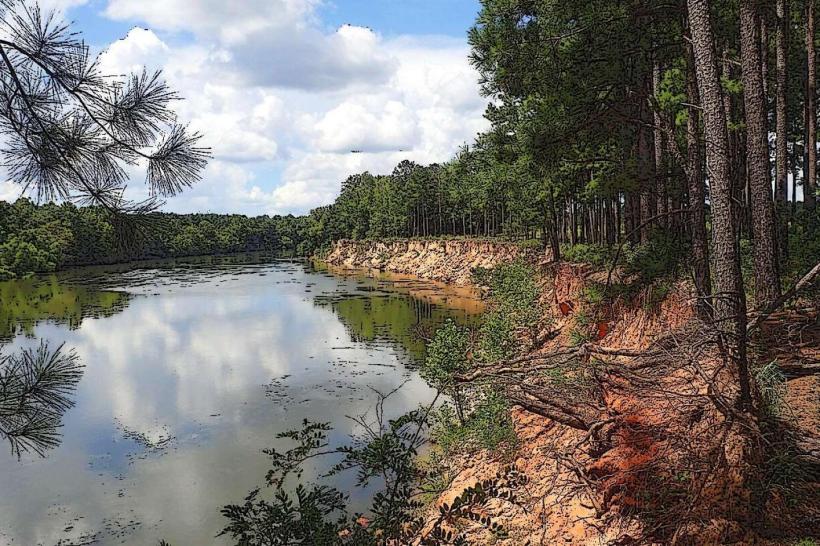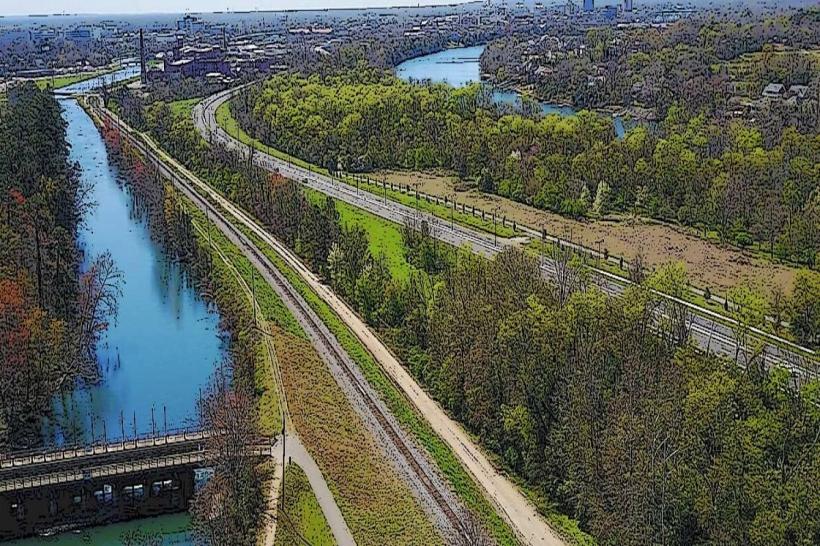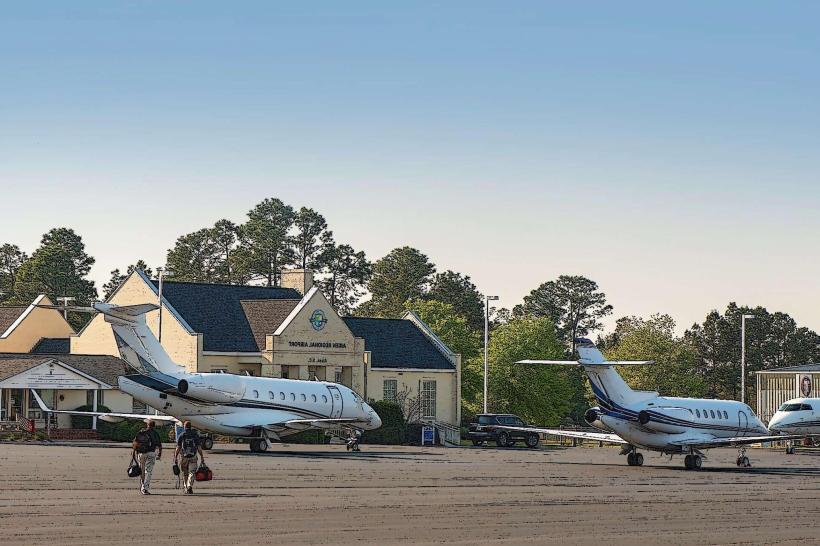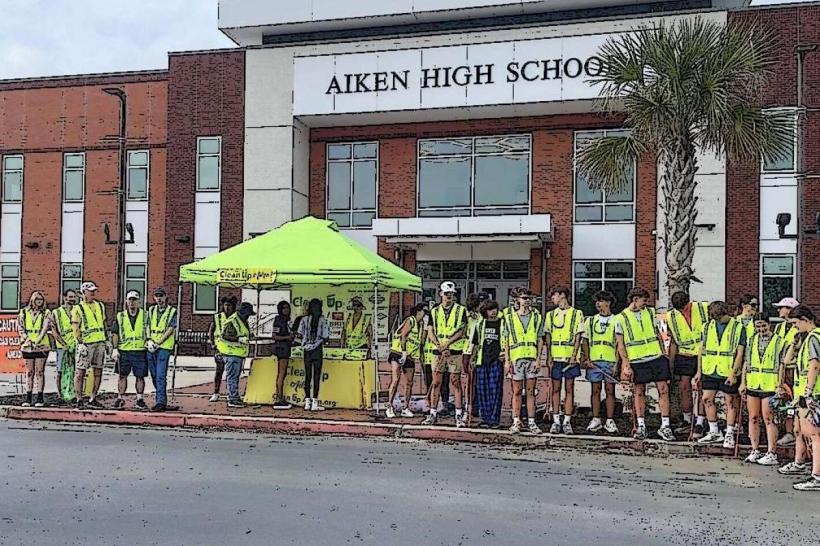Information
Landmark: Aiken County Historical MuseumCity: Aiken
Country: USA South Carolina
Continent: North America
Aiken County Historical Museum, Aiken, USA South Carolina, North America
Aiken County Historical Museum is located in Aiken, South Carolina, and is dedicated to preserving and presenting the history, culture, and heritage of Aiken County. The museum is housed in Banksia, a large Winter Colony mansion built in 1931 by New York banker Richard Howe, which later served various roles including a college and a public library before becoming the museum in 1970.
Historical Background
The museum’s home, Banksia, is a 17,500-square-foot structure with over thirty rooms, embodying the architectural elegance of the early 20th-century Winter Colony era when wealthy Northerners built lavish seasonal homes in Aiken. Its name, "Banksia," comes from the Banksia rose that once grew along its walls. The building itself is a historical artifact, reflecting the lifestyle of Aiken’s winter residents and the area’s transformation over time.
Exhibits and Collections
The museum’s galleries cover a wide range of themes related to Aiken County’s development:
Native American History: Artifacts and displays highlighting the region’s earliest inhabitants, including pottery, tools, and cultural history.
Early Settlement and Civil War Era: Exhibits detailing life in the 18th and 19th centuries, plantation history, and the area’s role during the Civil War.
Winter Colony Period: Rooms furnished in period style showcasing the wealthy seasonal residents, their lifestyles, and equestrian traditions.
African American Heritage: Stories of resilience, contributions, and cultural achievements within Aiken County’s African American community.
Sports and Equestrian History: Artifacts related to horse racing, polo, and other equestrian sports central to Aiken’s identity.
Local Industry and Agriculture: Displays about cotton production, textiles, and the growth of the Savannah River Site during the mid-20th century.
Notable Features
Period Rooms: Fully furnished spaces reflecting different eras in Aiken’s history.
Outdoor Grounds: Manicured gardens and lawns offering a glimpse into historic estate landscaping.
Rotating Exhibits: Changing displays that highlight specific topics, anniversaries, or community milestones.
Special Collections: Historic photographs, documents, and memorabilia from local families and organizations.
Educational and Community Role
The museum provides a variety of programs for schools, historians, and local groups, including lectures, guided tours, and history camps for children. It also serves as a research resource for those studying family genealogy or regional history, maintaining archives and reference materials accessible to the public.
Significance
The Aiken County Historical Museum not only documents the county’s diverse history but also embodies it through its setting in Banksia, a symbol of Aiken’s Winter Colony era. Its broad range of exhibits connects the area’s Native American roots, agricultural heritage, Civil War history, and equestrian legacy into a single, cohesive narrative.

